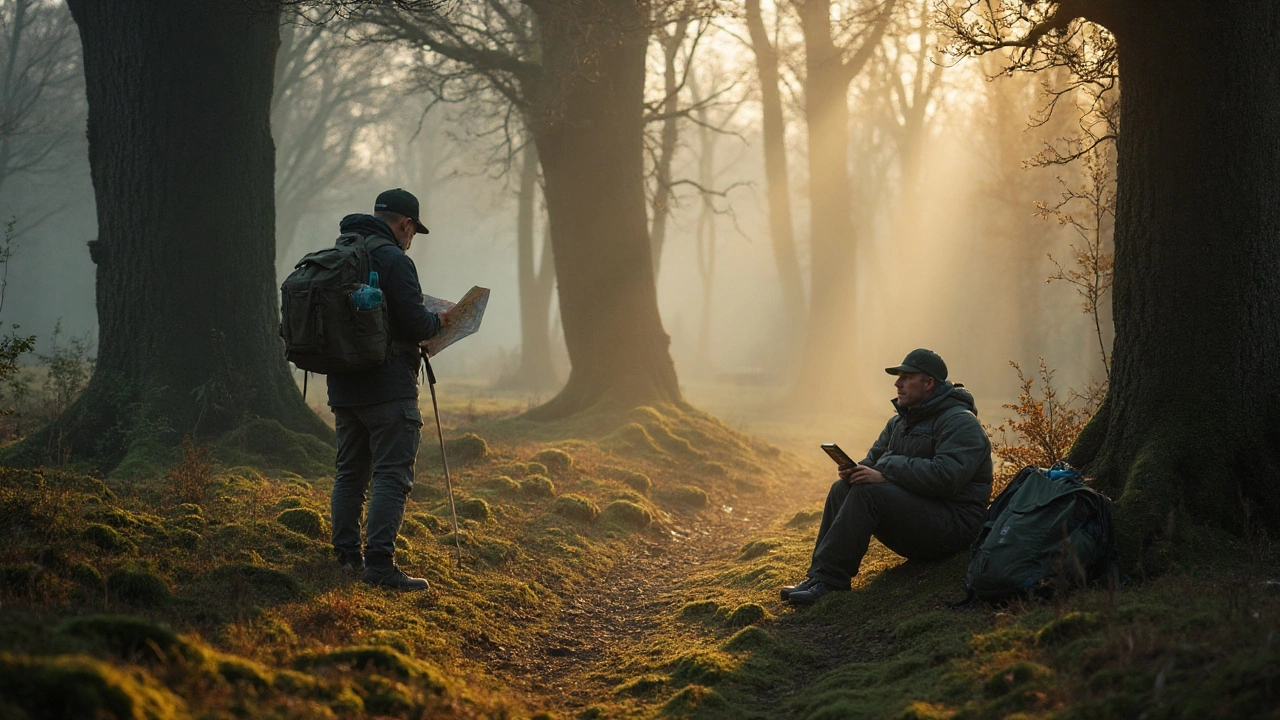
Can You Camp in the Woods in the UK? Laws, Tips & Wild Camping Secrets
Explore whether wild camping in UK woods is allowed, UK laws, hidden tips for forest stays, and what to know before you pitch a tent. Actionable advice included.
Read MoreDid you know you can legally pitch a tent in most of the British countryside without paying a fee? The trick is to follow a handful of clear rules that keep you safe, keep the landowners happy, and avoid a fine. Below is the no‑fluff guide that will let you wander freely and camp responsibly.
First, check the type of land you’re on. Public footpaths, bridleways, and most national park areas allow "dispersed" or wild camping as long as you follow the Leave No Trace principle. Private farmland is trickier – you need the landowner’s permission, which you can often get by asking politely or leaving a note on the gate.
In England and Wales, the law doesn’t outright ban wild camping, but you could be asked to leave if you’re causing trouble. Scotland is the most camper‑friendly: the Land Reform (Scotland) Act 2003 gives you a legal right to camp on most unenclosed land, provided you act responsibly.
Practical tip: use a map app that marks public footpaths and national park boundaries, then look for spots away from roads and farms. A good rule of thumb is to stay at least 100 metres from the nearest house or road.
Keep your stay short – one night is the norm, two at most. Pack a small, lightweight tent that leaves a tiny footprint. When you arrive, make sure your fire pit is a portable stove; open flames are often banned and can start a costly fire ban breach.
Leave everything you brought in, and take a little extra to pick up any litter you find. This not only protects wildlife but builds goodwill with locals who might otherwise view campers as a nuisance.
Don’t litter your rubbish, food scraps, or toilet paper. Use a portable toilet or dig a shallow cath‑hole at least 30 centimetres deep, far from water sources. Fill it in the morning and pack it out if you can.
Be quiet after dark – many landowners and neighbours value peace. If you’re near a village, keep lights low and avoid loud music. A small battery‑powered lantern is fine; a flood‑light will draw unwanted attention.
Finally, if a landowner asks you to move, do it without argument. Respecting their request preserves the right for others to wild camp later. A quick apology and a polite thank‑you can go a long way.Following these basics keeps you on the right side of the law, saves you from fines, and lets you enjoy the freedom of wild camping across the UK. Pack light, stay tidy, and hit the road – the British countryside is waiting for you.

Explore whether wild camping in UK woods is allowed, UK laws, hidden tips for forest stays, and what to know before you pitch a tent. Actionable advice included.
Read More